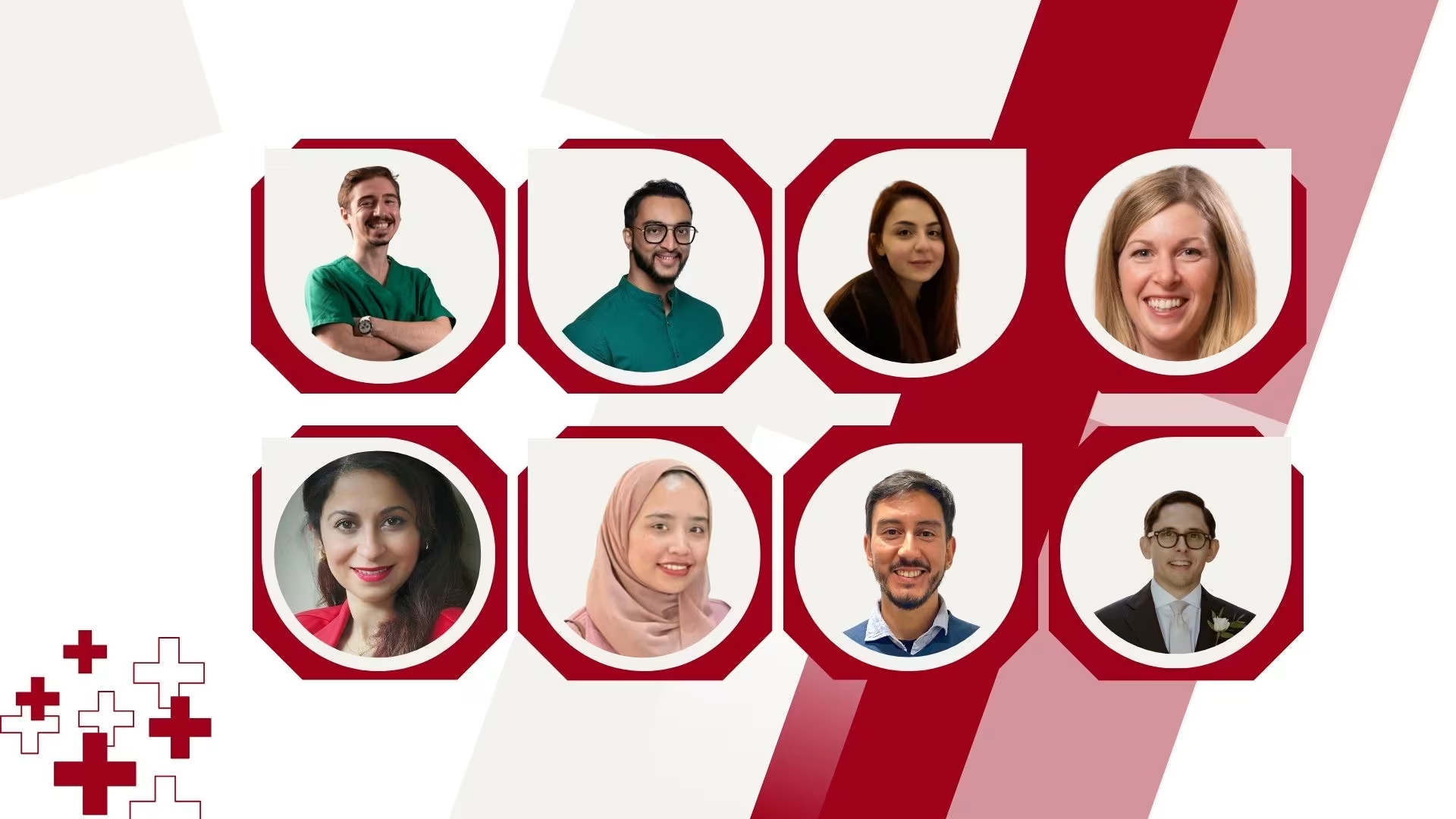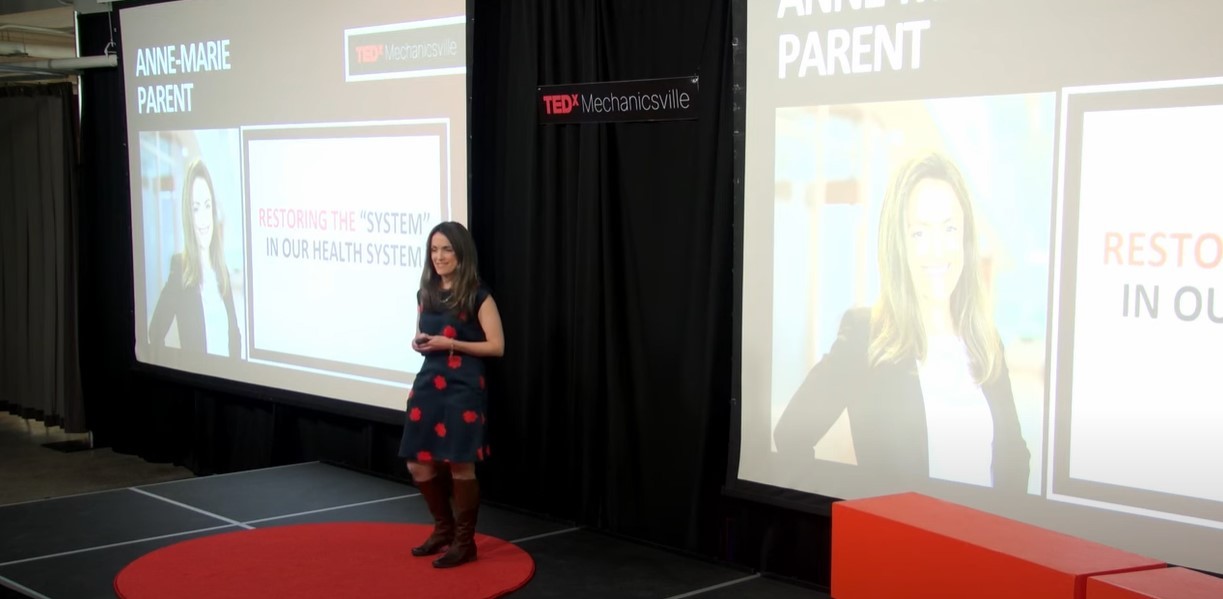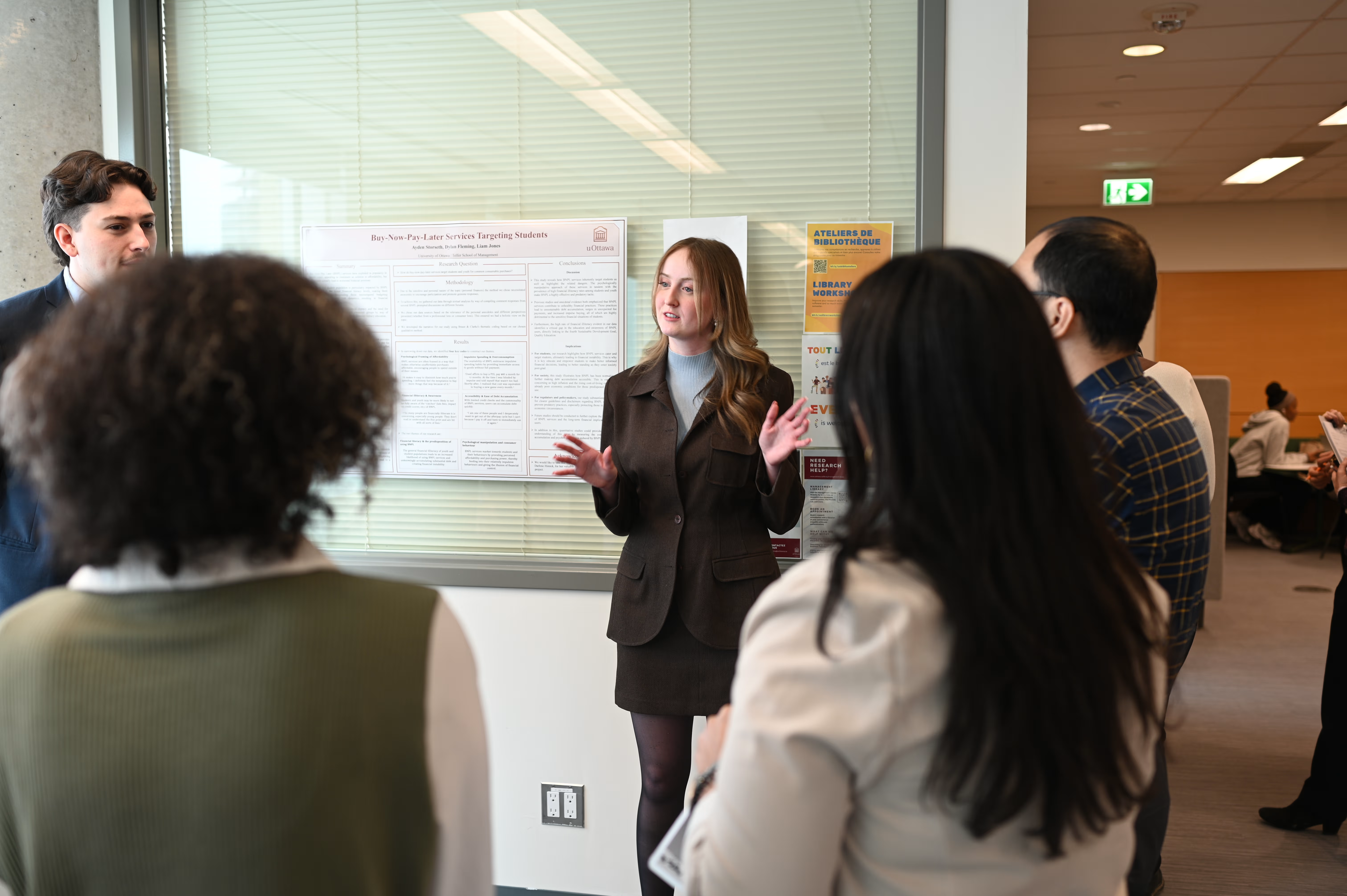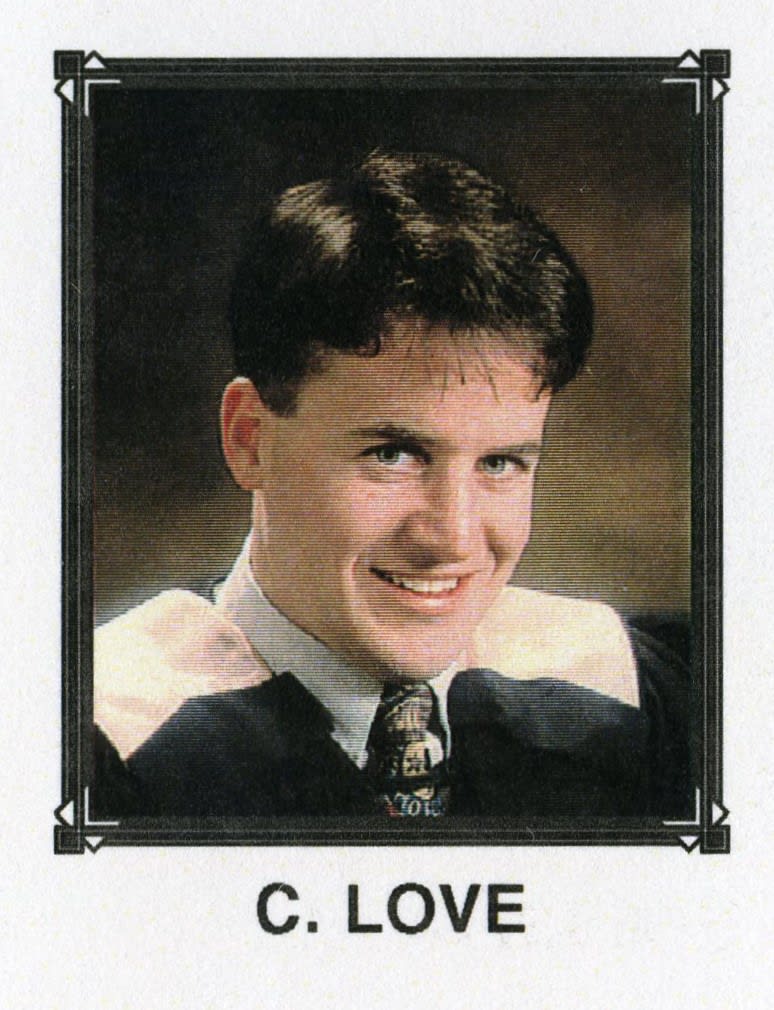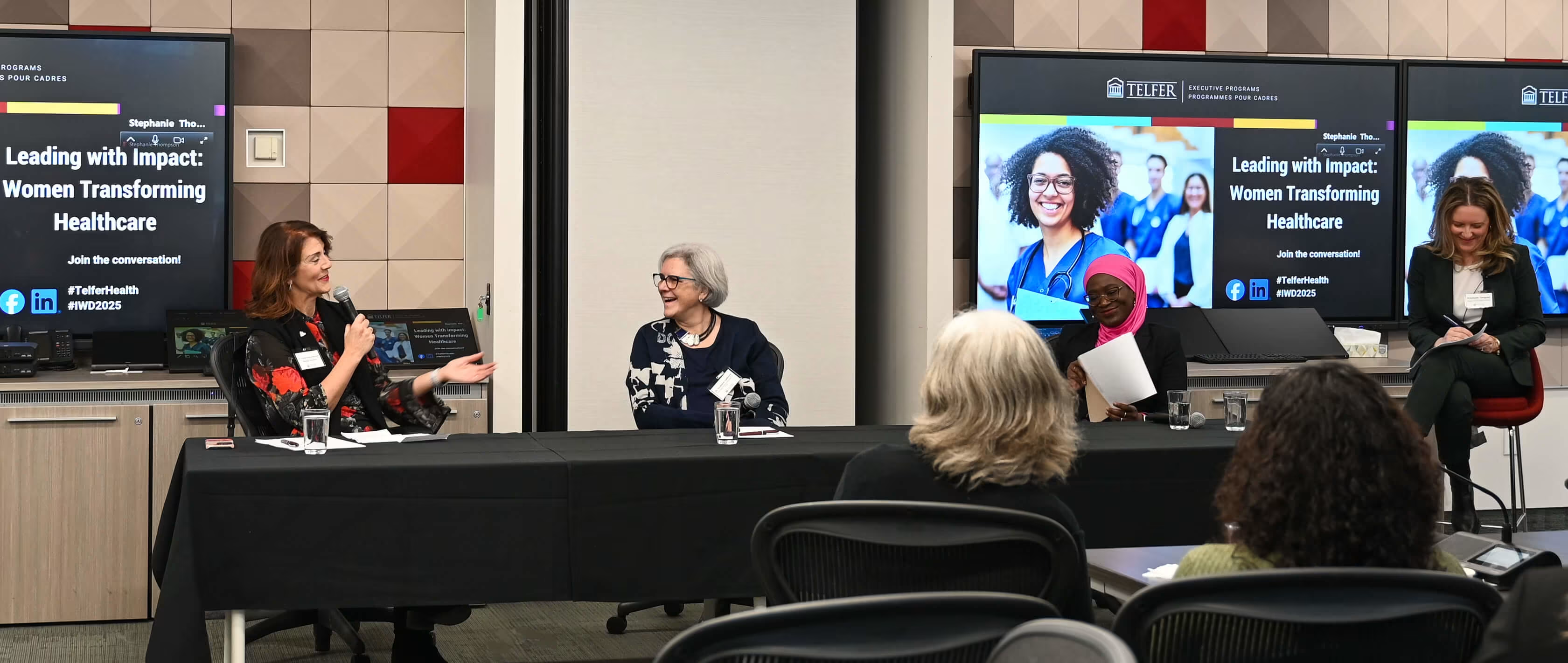Healthcare is a complex, ever-evolving field requiring skilled management and visionary leadership. For prospective students and healthcare professionals aiming to advance their careers, the Telfer Master of Health Administration (MHA) program offers transformative experiences in healthcare management and leadership. Central to Telfer’s innovative approach is faculty member Dr. Agnes Grudniewicz, whose creative and out-of-the-box assignments effectively bridge real-life scenarios with academic learning. One such assignment, developed for the course Health Care in Canada in a Comparative Context (MHA 6360), tasks students with creating policy briefs and articles suitable for publication, thereby enhancing their practical skills and understanding of the healthcare system. Dr. Grudniewicz’s unique methods exemplify the program’s commitment to practical, experiential education. This article explores how Telfer’s formative approach—including these unique course assignments and publication opportunities—develops future health leaders. Highlighted below are five impactful articles written by Telfer MHA students featured on HealthyDebate.ca, exemplifying the program’s commitment to practical learning.
MHA Students Tackle Real-World Issues on Healthy Debate
One of the hallmarks of Telfer’s MHA program is students engaging directly with pressing healthcare issues. These student-authored articles demonstrate emerging leadership and expertise:
1. International Medical Graduates: An untapped resource for Canada’s alarming doctor shortage
Authors: Ayman Wehbe & Alaa Mourad – Dec 2024, HealthyDebate.ca
.jpg)
In “International Medical Graduates: An untapped resource for Canada’s alarming doctor shortage,” two Telfer MHA students highlight a paradox in our healthcare system. Canada faces a serious physician shortage, yet over 13,000 internationally trained doctors are in Canada and unable to practice due to residency bottlenecks and restrictive policies. Ayman and Alaa argue that empowering Canadian International Medical Graduates (IMGs) to work could transform this crisis into an opportunity. They cite the World Health Organization’s call for better health workforce planning as a backdrop for Canada’s situation. Their article urges policymakers to rethink credentialing and training pathways that currently favor domestically educated graduates, calling it a systemic inefficiency that deprives Canadians – especially in underserved areas – of much-needed care. This student-driven insight brings a fresh, management perspective to a national issue: by viewing the physician shortage as a talent management problem, the authors exemplify the strategic thinking an MHA program instills.
To read the full article about International Medical Graduates.
2. Double standards: How one twin’s health opens doors while the other faces barriers
Authors: Ghina Shatila & Joëlle Levac-Laplante – Nov 2024, HealthyDebate.ca
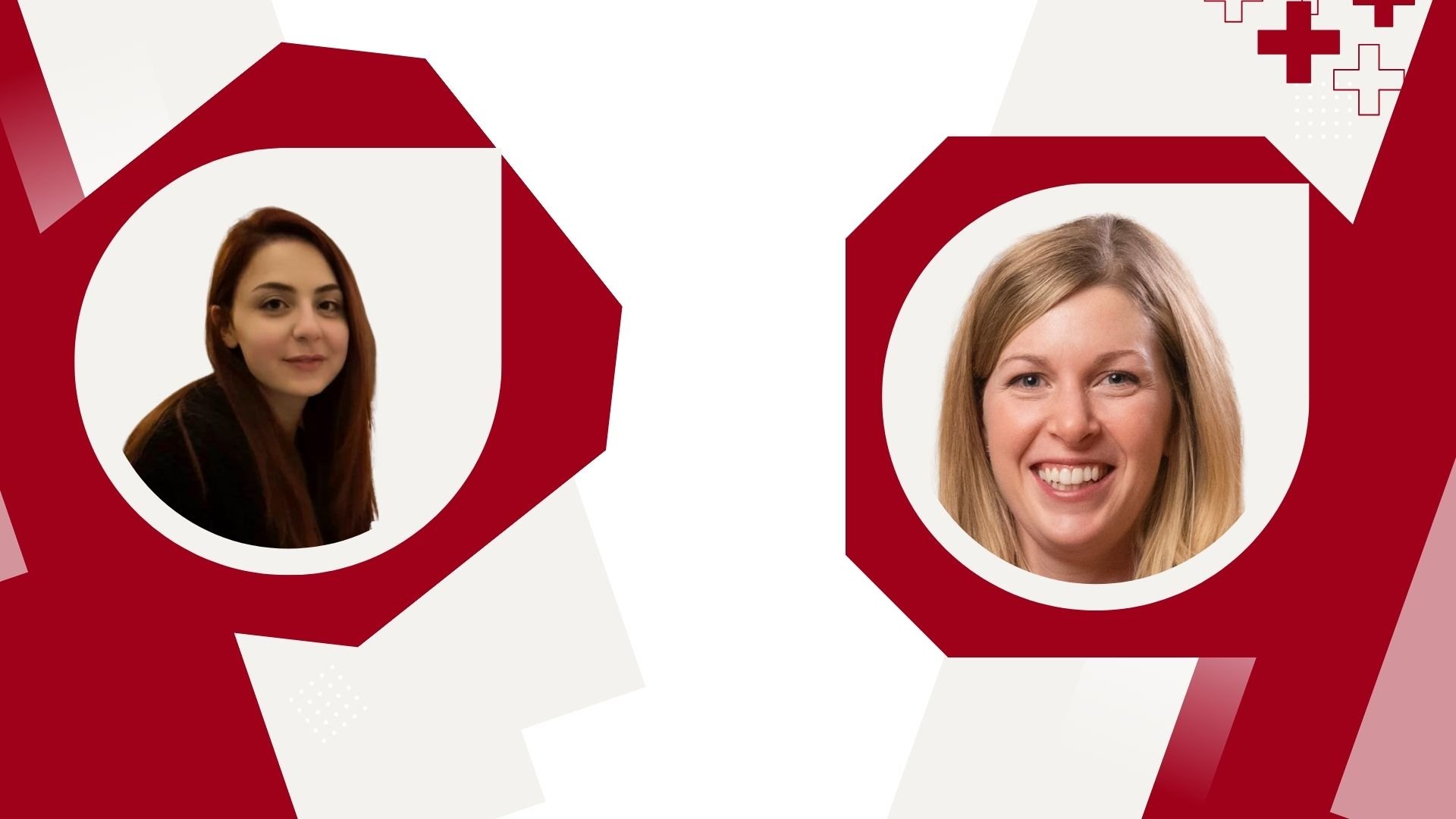
In their piece “Double standards: How one twin’s health opens doors while the other faces barriers,” Gina and Joëlle share a deeply personal story that underscores inequities in accessing support services. Shatila, a mother of twins, recounts how her son’s congenital heart disorder unlocked special educational resources for him, while her healthy daughter – who struggled in school – faced hurdles in getting the same attention. The authors illuminate a troubling double standard: a child with a recognized medical condition was fast-tracked to a psychoeducational assessment and extra help, whereas his twin (without an obvious diagnosis) encountered roadblocks despite clear needs. “My son’s [condition] provided a clear path forward… However, his sister’s journey brought to light the shortcomings in the system,” they write. This poignant narrative, grounded in the authors’ real experiences, reveals how policies and systems can inadvertently favor some children over others.
To read the full article about Double Standards.
3. The future of prescriptions: Pharmacogenomic testing on the verge of revolutionizing health care
Authors: Sarah Mohd Ali & Khorshid Shakibaiemoqadam – Dec 2024, HealthyDebate.ca
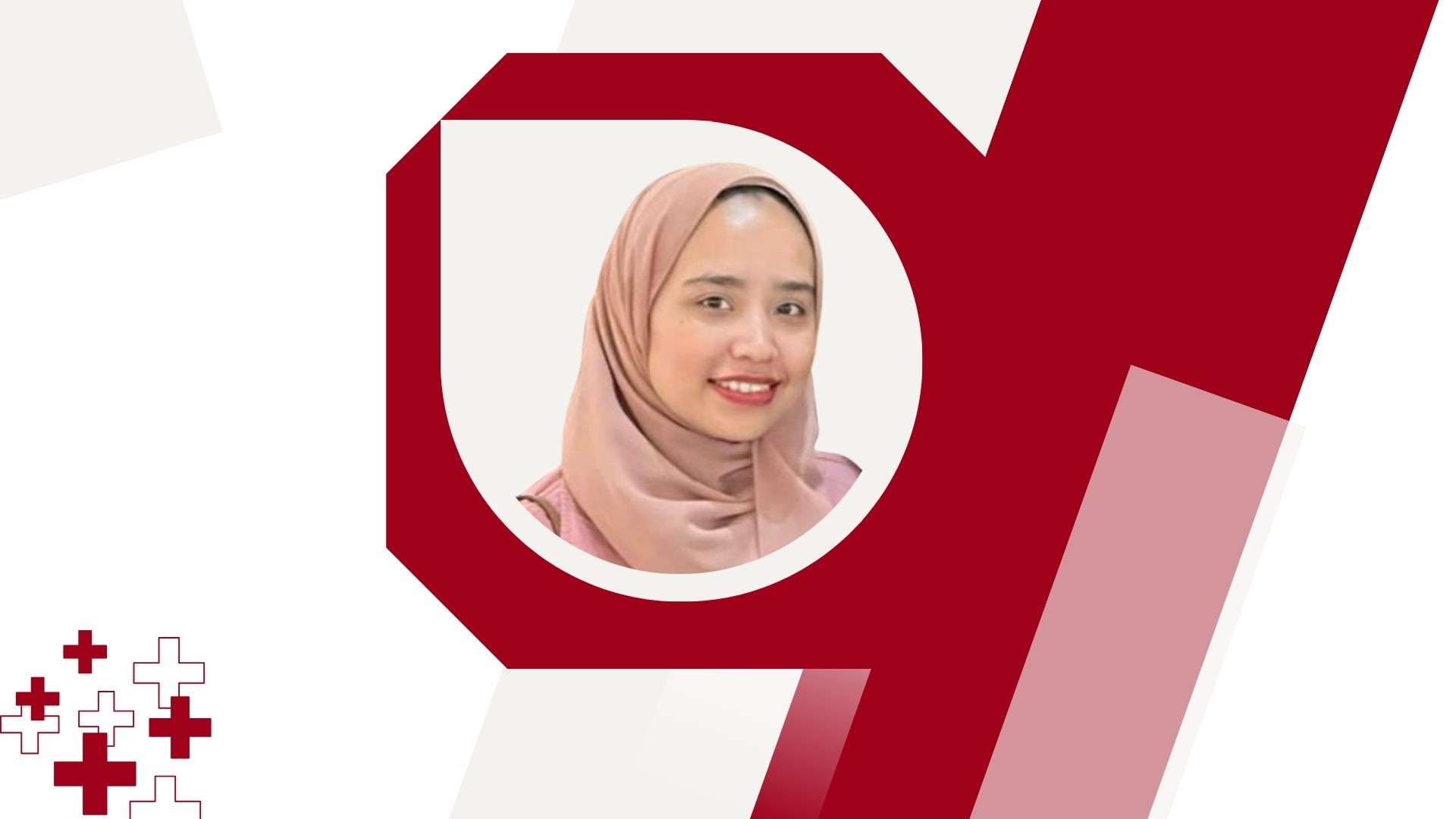
Sarah and Khorshid delve into the cutting edge of healthcare innovation with their article. They explain how pharmacogenomic (PGx) testing – a simple one-time cheek swab or blood test – can analyze a patient’s genes to predict how they metabolize medications. This technology could spare patients the frustrating trial-and-error of finding the right medication by getting it right the first time. The authors note that despite being recognized as a top precision-medicine innovation, PGx testing isn’t yet covered by public health plans in Canada. The students make a compelling case for broader adoption of PGx. They translate a complex scientific topic into an accessible discussion, asking readers to imagine a future where your pharmacist can tailor drugs to your DNA – improving outcomes and reducing adverse reactions. For MHA students, this exercise is twofold: they demonstrate a grasp of emergent healthcare tech and practice communicating its value to both decision-makers and the public. It’s a prime example of thought leadership in healthcare management, grounded in evidence and innovation.
To read the full article about The Future of Prescriptions.
4. The urgent need for emergency dental care reform in Canada
Authors: Nigel V. Raj & Gonzalo Juacida – Jan 2025, HealthyDebate.ca

As an MHA candidates, the authors bring authoritative insight into how dental emergencies are handled – or rather, mishandled – in our pediatric health system. They reveal that hundreds of children end up in hospital emergency departments each year with severe dental issues, yet no dentists are on call in the ER to treat them. In fact, “a freedom-of-information request at a children’s hospital in Ottawa showed 440 patients with dental emergencies visited the ER in 2023”, where only basic first aid could be provided. Such cases often result in pain, infection, or even postponed surgeries for lack of proper dental care. The authors applaud recent national dental program expansions but point out a glaring omission: emergency dental coverage. “Emergency care is still a missing component,” they note, even as millions of Canadians gain routine dental benefits. Nigel and Gonzalo call on health leaders and policy makers to integrate dental services into hospitals and provincial insurance plans, so that a child with a knocked-out tooth or abscess can receive prompt, definitive care just as they would for a broken bone. This article exemplifies how Telfer MHA students apply a systems-thinking lens to healthcare – recognizing that oral health is inseparable from overall health and championing policy reform for more equitable, integrated care. It’s a persuasive blend of data and compassion, likely to spur discussion among health administrators and policymakers (and it’s exactly the kind of public influence skill that the MHA program nurtures).
To read the full article about the Dental Care Reform.
5. We do not need compassionate care: We need a country that cares with compassion
Authors: Elliott Brierley & Dina Shenouda – Feb 2025, HealthyDebate.ca

Elliott and Dina wade into the debate on how to address the opioid crisis and addiction. So-called “Compassionate Care” laws – which permit involuntary treatment for people with severe addictions – have been suggested (and implemented in some regions) as a tough-love approach to the overdose epidemic. The authors, however, argue that this policy is a step in the wrong direction. They acknowledge public frustration and fatigue with the visible toll of addiction, where “compassionate care certainly feels like the easiest answer” but warn that “the policy is inherently problematic”. Elliott and Dina point out ethical and evidence-based concerns: Who gets to decide what’s best for someone struggling with addiction, and what if forced treatment does more harm than good? They cite research showing involuntary rehab can increase overdose risk post-release, and they remind us about lack of cultural safety and lingering healthcare biases. Instead of coercion, the authors advocate for measures that genuinely save lives and respect dignity – such as investing in harm reduction, safe injection sites, and community-based supports. This piece stands out for its values-based leadership stance. It reflects how Telfer MHA students are trained to critically evaluate health policies and champion solutions that are both compassionate and evidence-informed. By sparking dialogue on the very definition of compassionate care, these students demonstrate the kind of principled leadership that can influence public policy.
To read the full article about Compassionate Care.
Leadership Development with Telfer’s MHA Program
In short, each of these articles illustrates a few common themes. They’re rooted in real-world issues, from workforce planning to health equity to policy reform. They use a mixture of data, personal narrative, and expert insight, and show Telfer MHA students stepping into thought leadership roles even before graduation. By identifying problems and proposing solutions in the public forum, the students embody what it means to lead in healthcare beyond the walls of a classroom.
From day one, MHA candidates are encouraged to step out of the traditional classroom. The program fosters a culture of innovation and initiative. Whether it’s writing publishable articles, developing strategic plans in a case competition, or completing a four-month administrative residency, students are constantly applying theory to real problems. This experiential approach builds confidence and expertise. By the time they graduate, MHA students have not only a degree, but a portfolio of meaningful contributions – and sometimes even published works – that demonstrate their leadership in action.
Ready to lead the future of healthcare? Explore the Telfer MHA program page to learn more about the curriculum, faculty, and opportunities that await you. Whether your goal is to shape policy, improve hospital operations, or innovate in health tech, Telfer’s MHA will equip you with the knowledge, network, and confidence to make it happen!
